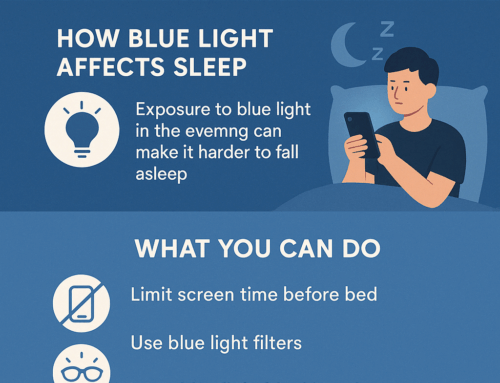“Sticks and stones may break my bones, but words will never hurt me.” This childhood mantra has been passed down through generations to bolster resilience against bullying and name-calling. It’s a comforting idea, suggesting we should be tough enough to brush off verbal insults. Today, the impact of those words can be profound. This saying feels outdated and misleading—especially for teens navigating the ups and downs of adolescence.
The Reality of Words and Their Impact
In the age of social media and constant connectivity, words can cut deeper than ever before. For teens, who are often forming their identities and grappling with self-esteem issues, the effects of harsh words and cyberbullying can be particularly damaging.
Recent studies highlight that verbal abuse and online harassment can have severe consequences for mental health. Unlike physical injuries, the effects of emotional and verbal abuse may not be immediately visible, but they can lead to long-lasting scars. These can manifest as anxiety, depression, or diminished self-worth. The impact of negative words can be profound for teenagers who are especially sensitive to social validation and peer acceptance. Follow the link to learn about The Power of Peer Influence on Adolescent Behavior
Understanding the Modern Landscape
Today’s teens are growing up in an environment where social media platforms amplify every comment and criticism. A hurtful comment on a post, a derogatory tweet, or even a mean-spirited meme can quickly spread, affecting countless individuals. Unlike traditional bullying, which might be limited to school or physical spaces, cyberbullying can reach into the sanctuary of a person’s home, making it difficult to escape.
Moreover, the anonymity afforded by the internet often emboldens people to say things they would never say face-to-face. This can result in a relentless stream of negativity and cruelty, leaving teens feeling isolated and targeted. There are a variety of physical and psychological effects on victims of cyberbullying. You can learn more about the impact here
The Importance of Addressing Emotional Health
Recognizing that words do hurt is a critical step in addressing teen mental health. It’s crucial for parents, educators, and peers to acknowledge the emotional weight of verbal interactions and to foster an environment where open dialogue about mental health is encouraged.
- Open Communication: Encourage teens to share their feelings and experiences. A supportive space where they feel heard and validated can make a significant difference.
- Education on Digital Etiquette: Teaching teens about the impact of their online behavior and the importance of treating others with respect can help mitigate some of the adverse effects of cyberbullying.
- Support Systems: Building a solid network of support—whether through friends, family, community, or professional counseling—can help teens develop resilience and coping strategies.
- Promoting Self-Esteem: Helping teens build self-confidence and a positive self-image can make them less susceptible to the damaging effects of negative comments.
- Mental Health Resources: Providing access to mental health resources and encouraging their use can help teens manage the psychological impact of hurtful words.
Moving Forward
It’s essential to move beyond the outdated notion that words can’t hurt and instead recognize the significant impact they can have. By fostering empathy, encouraging open communication, and supporting mental health initiatives, we can help create a more understanding and supportive environment for teens.
Navigating the complexities of teen mental health requires a modern perspective on the power of words. By acknowledging the real impact of verbal interactions and fostering a supportive environment, we can help teens thrive in an increasingly interconnected world.







Leave A Comment